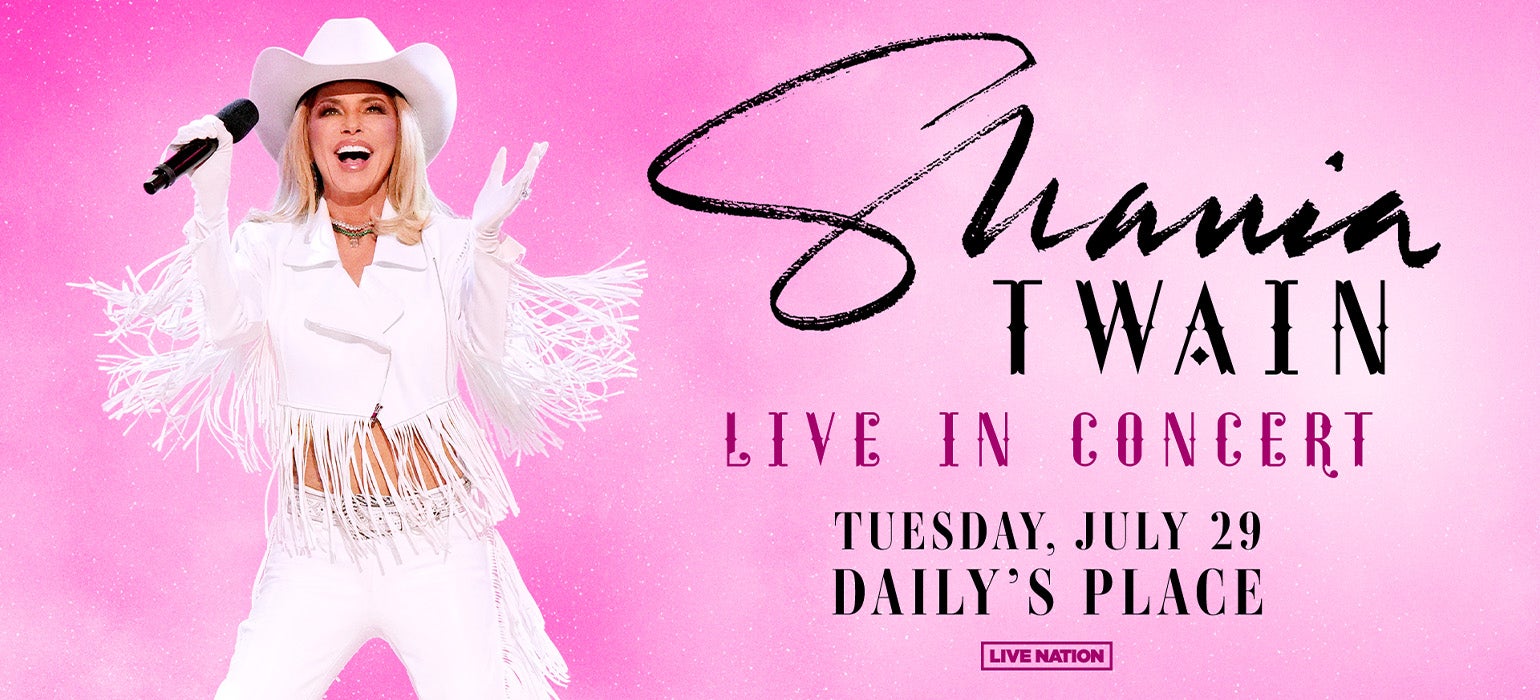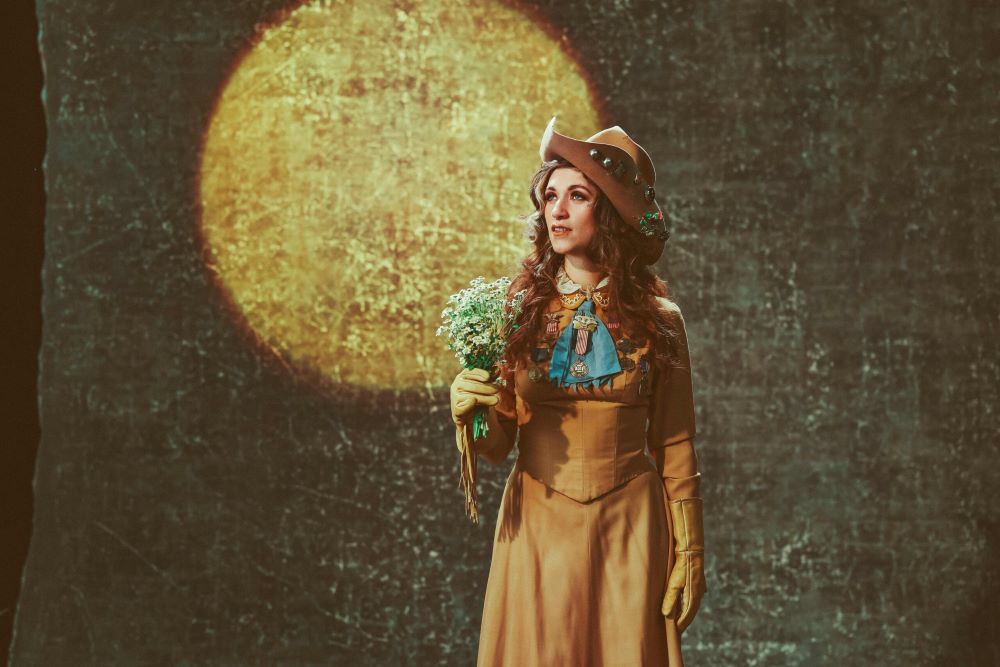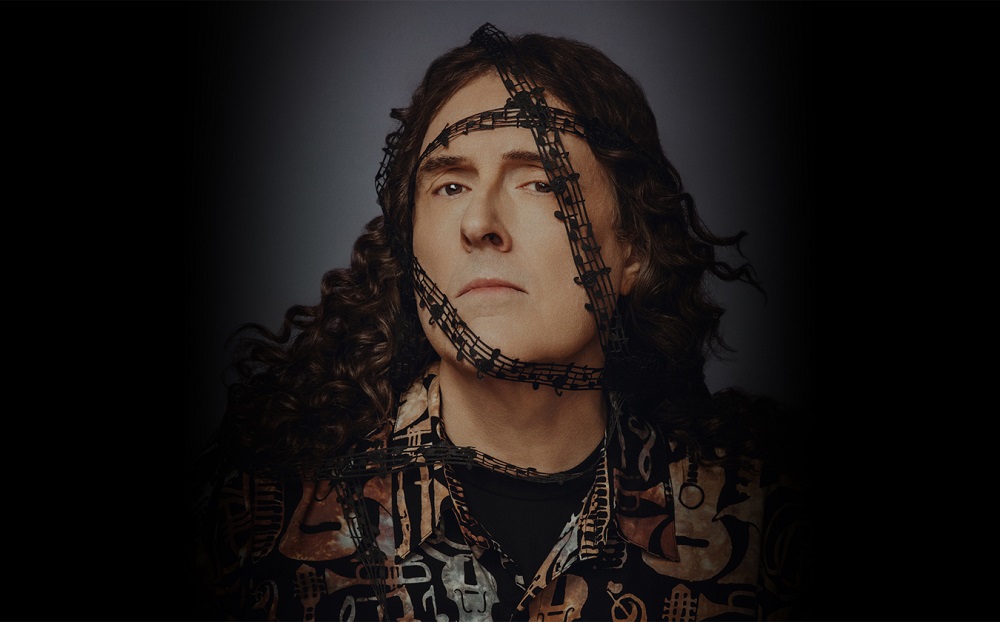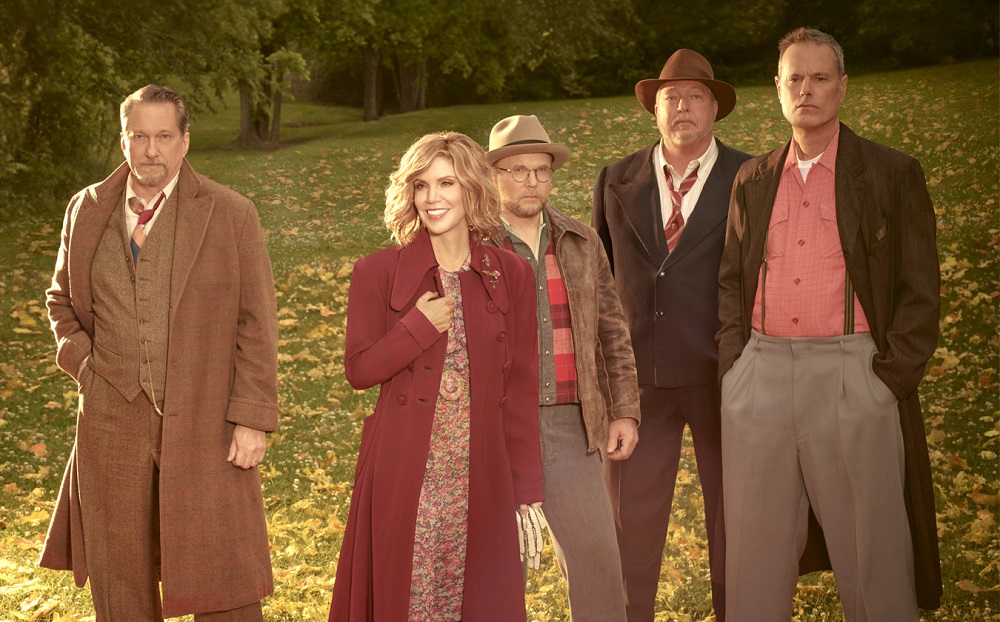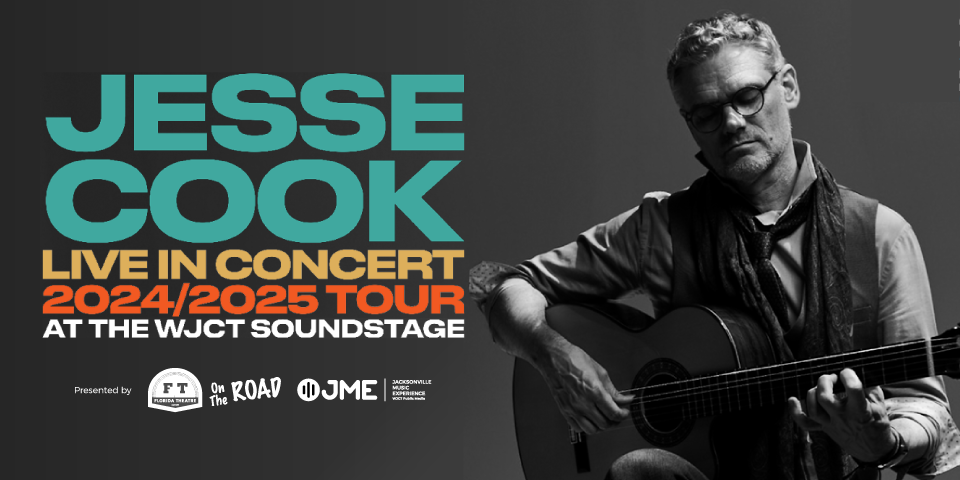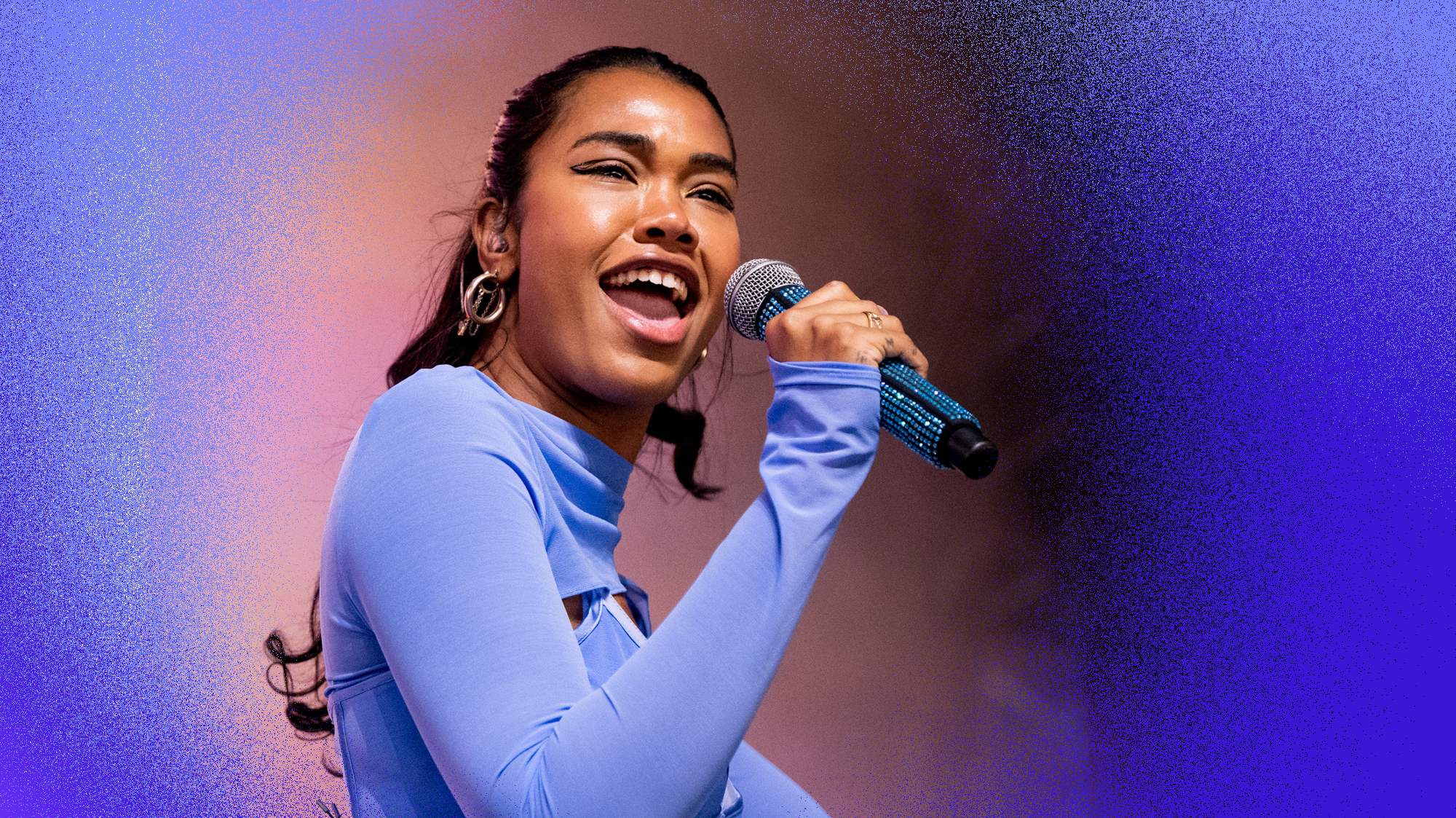
In Washington, D.C., locals convene at Songbyrd Music House to discuss the merits of Tevin Campbell and Raphael Saadiq during R&B club, a monthly gathering for some of the genre’s devotees, taking deep dives into its rich history. The event was created by a few enthusiastic music people to wrangle and rally the supporters for a thing often wrongly presumed barren. “I was really tired of people saying R&B is dead, nonexistent or fading away,” Ashley-Dior Thomas, one of the hosts, told the Washington Post in November. “I do not understand where this is coming from.” It shouldn’t come as a surprise to anyone that R&B’s influence prevails. As Aretha put it, in her 1999 autobiography, “Soul music is cultural, […] it is a people, a nation and it is the rhythm of our lives and loves and losses and wins, our hopes and dreams and passions on parade,” before dropping the mic: “R&B isn’t a fad; it’s the truth.”
As if to reiterate her point, 2022 was a resplendent year for R&B — from the pop sphere to the small stage, for veterans and newcomers, among revivalists and futurists alike. The music took many vibrant forms: hazy psychedelia and translucent, watercolor soul; jazz-inspired and funk-furnished; the sound of life on dating apps or a car ride through purgatory. R&B rediscovered its place in the club, pushed into the outer reaches of space, found and lost love (as always) and relished the beauty of the Black experience. These are the 20 best albums produced this year by the immutable genre. — Sheldon Pearce
Amber Mark, Three Dimensions Deep
Traveling inward and beyond with soundscapes of every flavor imaginable, Amber Mark took us through her struggle on Three Dimensions Deep. Her music is superbly and vulnerably written, but the production shines brightest. On the opening track, “One,” she asks all the questions: How long will she endure self-doubt, loss and anxiety? The answers come during the chorus: “What you seek, you will find when you look inside!” The rest of the breathtaking journey toward “Event Horizon” is laid over a bed of hard funk, soul and even a little trap and Afrobeats. It was the first great album I heard in 2022, and often, the first tends to slide down the list as the year progresses. But Mark held steady and this still has me in a chokehold. — Bobby Carter
Ravyn Lenae, HYPNOS
Ravyn Lenae floats, twirls and glides — boundlessly traveling through space and time. She nods at the past but never holds on to it; she sees the future but doesn’t try to wield it. The Chicago-born R&B artist has always cast her music like a spell, and on HYPNOS, her debut album, she brings you into her trance. There’s nothing peaceful about loss and heartbreak, but Lenae sings about even the most painful truths with the gentleness of someone who has never been damaged. In her first release in four years, she stuns with vocals that melt like caramel, paired with a dreamy production only as smooth to match. At just 23, Lenae already embodies a secret some spend their whole lives unraveling: Softness is strength. It can be as powerful as you make it. — Teresa Xie
The Weeknd, Dawn FM
For 11 years, Abel Tesfaye made it very clear that his overactive death drive is his art’s chief muse. Past albums show him busted and battered after his well-mythologized gauntlets of recreational sex and drug use (the last one’s cover is just a portrait of him bleeding from his gums), but Dawn FM, a freak masterwork of a concept album meant to mimic the experience of sitting in traffic on the way to heaven’s gate, welcomes you with a glamour shot of Tesfaye, aged fortyish years with SFX, lumpen as the crust of an apple pie.
Cocky and kooky, obviously, to create a pop album in 2022 that simulates the act of shuffling off the mortal coil — and to do it by cosplaying Giorgio Morodor and Donna Summer at their gleamingest and synthiest is cockier and kookier still. But who else could’ve taken death-lust to its terminus, pull off spoken-word passages reciting Rilke, get backing vocals from a Beach Boy and Jim Carrey, and still get over a billion spins on Spotify? — Mina Tavakoli
LAYA, Um, Hello
LAYA definitively announces her season on “Closed Case,” the opener to her EP, Um, Hello, quoting Kevin Costner: “Build it, they will come.” And she meant that. Her music assembles its songs from the recent past, drawing listeners in with the familiar before reconstructing them entirely. Um, Hello is an assured declaration of the Staten Island singer’s arrival onto the R&B scene — not a question, as its title might imply, but an annoyed exclamation. The project showcases her range and knowledge by reviving vintage aesthetics in refreshing ways, juxtaposing Missy’s future funk with the soft hip-hop soul of Brandy and conceptualizing the magical girl as an alt-R&B siren. Let LAYA take you back with songs recalling the bass-heavy, pleading R&B of the ’90s, bolstering inspiring lyrics to manifest your own future. — Jerusalem Truth
Steve Lacy, Gemini Rights
The Internet guitarist and singer-songwriter Steve Lacy took a quantum leap. Sure, the inescapable “Bad Habit” gave him an unexpected pop breakthrough, but, TikTok treatment aside, the immensely talented musician and producer emerged far more polished and focused on his sophomore album. This advancement likely had something to do with a change in his creative approach; Lacy abandoned his DIY music-making methods for the studio, embracing a small circle of collaborators. On this record, he wanders across genres (we get a little taste of everything here) with a gentle touch, flexing his clever bridge + outro writing chops, proving the eclectic range of his guitar. At the core of Gemini energy is duality — never fully committing to one extreme or the other but transforming itself in between, back and forth. This quality is on display throughout the album, but it is most evidently on the bossa nova-infused “Mercury” with Lacy’s double-sided nature coming into focus: “My layers, all these sides,” he sings. “Could you stick by for the ride?” — Ashley Pointer
FKA twigs, CAPRISONGS
During the first pandemic lockdown in the U.K., the English singer and producer FKA twigs wondered privately about the sustainability of her creative process. Making her 2019 album, Magdalene, a woe-inspired, awe-inspiring electronic aria, took its toll, and she likened the exercise to putting her insides on blast. Restoration came through connection, and interactions with friends and associates stoked the solidarity of collaboration. Her splendid, ever-changing mixtape, CAPRISONGS, is uplifting in its pursuit of sorority. Some of that community is found on the dance floor. Produced by twigs with El Guincho, the project is jubilant and inquisitive; it scans Afro-pop, hymnals, club, alt-R. & B., and road rap, integrating snippets into its architecture. A diverse cast of characters — local underground artists, mostly — chime in on a far-reaching mix, but the project feels most intimate when twigs explores dance music as a form of communion and escape. — Sheldon Pearce
Nick Hakim, Cometa
Listening to Cometa feels like being suspended in that moment you almost fell out of bed. You have nothing, just a beating heart drifting in liminal space. It’s dizzying, sure, but just like giving in to the urge to get that last bit of sleep, it’s effortless to relax back into this love-stained dream sequence. The album is an exploration of crushing that challenges us all to admit the quickness with which we can love ourselves when we’re looking through another’s eyes. And after you “float up and never come down” on the glitchy, synth-soaked climax, “M1,” you’re brought back gently into your new, shared life. It might seem like things putter out near the end, “but embers reignite.” Run this one back another time (and another after that) and it never gets less intoxicating. — Gabby Bulgarelli
Robert Glasper, Black Radio III
In a return to the Black Radio series, the pianist, arranger and leader Robert Glasper delivers another genre-traversing album, capturing the feel of the near-decade since Black Radio 2. With the help of other like-minded artists, collaborators that reflect his own sophisticated tastes and values, Glasper curates a personalized station capable of articulating his ideals — and manifesting his ideal airplay rotation. He fashions jazz, classicist hip-hop and sagely R&B into a meaningful and moving opus, with songs like “Black Superhero,” calling for “every hood, every city, every ghetto” to have its own crusaders. The album is playful and groovy, speaking to the depth and range of not only Black music, but the Black experience. — Jerusalem Truth
Sudan Archives, Natural Brown Prom Queen
Sudan Archives has been tough to describe. Here is a Cincinnati-born violinist making a progressive strain of R&B that both challenges and intrigues. Though Natural Brown Prom Queen also stretches listeners, it is more accessible than her previous work. These songs allow her voice and her prowess as a producer to radiate without obstruction. There is remarkable freedom within the album, the feeling of letting go and leaning into unflinching honesty. The centerpiece is “Home Maker”; on the surface an upbeat jam made for nightclubs, but underneath she’s talking about isolation and issues with attachment. She pushes through those oppressive feelings, emerging expressive and self-assured. In the end, Natural Brown Prom Queen is a triumph, a testament to persistence: Stay true to your vision and let others catch up. — Marcus J. Moore
Obongjayar, Some Nights I Dream of Doors
Modern Afro-pop, particularly the pop of West Africa, has been deeply influenced by contemporary R&B, and though many of the biggest artists have successfully incorporated its smoothness into their sound, few have been able to manifest something truly synthesized, stripping away incongruous elements as if performing reverse osmosis. The Nigerian-born, London-based singer Obongjayar is pulling from the same places as his contemporaries (one of his formative CDs was a bootleg dubbed Usher vs. Nelly) and he has been tinkering with various means of vocal performance since 2017, but his debut, Some Nights I Dream of Doors, pulls together a fully realized soul sound that has no seams and no parameters. Everything he’s tried to this point comes to fruition here, and his versatile voice, which flips from raspy chants to clarion falsetto, is a guiding light. Even at their most polyrhythmic, the songs feel like hymns, sacred and intimate, pleading for deliverance from pain and fear. — Sheldon Pearce
Alex Isley & Jack Dine, Marigold
The singer Alex Isley and the producer Jack Dine found refuge in one another with their 2019 EP, Wilton. Many artists hedge their bets on an array of composers and sounds, but Isley and Dine knew they had a good thing going. This year, they locked back in for their first full-length project, Marigold, reestablishing a connection that is magical in its subtlety. The little flourishes add up. It’s in Isley’s extra layer of harmonies, in Dine’s seamless transition from “On & On” to “Still Wonder.” The marigold flower symbolizes a feeling of despaired love, yet Isley still believes. On songs like “Without” and “Love Again,” she declares her unwavering hope and desire, despite trying circumstances. Her pining exudes warmth, and, ultimately, Marigold is accessible and tender; an album for the lovers and the yearners. — Bobby Carter
PJ Morton, Watch the Sun
“I can’t promise it’s gon’ be easy. It’s a journey. But as sure as the sun sets and rises again, so will you” — these are the first heartening words spoken on PJ Morton’s Watch The Sun, a reflective and meditative album that is both uplifting and all-encompassing. Morton rounds up multigenerational artists — Stevie Wonder, Nas, El DeBarge, Jill Scott, Chronixx, Zacardi Cortez, and Alex Isley — from around the worlds of R&B, soul, afrobeat, reggae and, of course, Morton’s own gospel, for soulful melodies, tight grooves and arrangements crafted to transport you to another place, one that makes the quest of soul-searching palpable. Filled with powerful messages that hit more like mantras, this album has provided me with a beacon of light. Watch the Sun is a vital reminder that joy comes in the morning. — Ashley Pointer
Kehlani, blue water road
The singer-songwriter Kehlani is capable of both effervescent pop and tantalizing R&B, but their music has never quite found a perfect balance — often shifting to one end of the spectrum or the other — or embodied their singular perspective. It took the pandemic to induce the harmony required for equilibrium; Kehlani went on a year-long spiritual retreat in which they got sober and limited outside distractions. That cleanse took hold of the music, too: This mellow, meditative third album collects Kehlani’s most bracing and considered music; mystic and serene yet searching, many of its songs billow with a soothing soul full of delicate instrumentation and brushed-on orchestral embellishments. Within them, the singer seems smoothed down like a stone skipping across the surface of water. Kehlani previously used a luminous voice to illuminate the more toxic aspects of intimate relationships, but here, love, and the pursuit of it, is pure and self-affirming. — Sheldon Pearce
Ari Lennox, age/sex/location
The second album from Dreamville’s Ari Lennox, age/sex/location, is a tender embrace for anyone navigating maturation, self-love and dating apps this cuffing season. While the singer’s debut celebrated life milestones like her new apartment, this one cements exactly who will be let inside. Spoiler: Absolutely no f**kboys … well, maybe one, for just for one last night, if he’s really smooth with it. Growth isn’t a linear process, block him tomorrow morning! When talking to J. Cole about the release, Lennox said that getting kicked off of dating apps as a celeb because they thought she was an imposter reminded her of the times when she wasn’t really being herself in those spaces, and while it’s obviously a throwback to the Chatroulette and Omegle days, for this project, it’s clear Lennox dove deep into herself to find direction. What results is an undeniably funky, confident, bass-driven exploration of her inner thoughts that percolates like shea butter on warm skin. — Gabby Bulgarelli
Lucky Daye, Candydrip
For Candydrip, Lucky Daye and the producer D’Mile didn’t stray much from the formula they used for 2019’s Painted — meshing contemporary and classic R&B, pushing the sonic boundaries of each as far as possible — they just did it better. These songs are more streamlined and robust, and the album compartmentalizes the modern and the timeless without drawing a hardliner distinction between the two. As a result, it flows gracefully from more buoyant, rap-adjacent fare to slower, more introspective R&B (even flipping a Musiq Soulchild classic for his biggest song yet, “Over”), and a few signature guests, the rapper Lil Durk, the alchemist Smino, and the singer Chiiild, melodically align with Lucky’s sounds. But it’s his versatile voice that sets the tone, and Candydrip feels like an artist at the peak of his powers. More than anything, the album throws Lucky Daye’s lot in with the greats in R&B music, delivering a resounding, lasting work instead of fishing for hits. — Bobby Carter
Yaya Bey, Remember Your North Star
Realizing that generational trauma has led Black people to expect less in love is heavy. Yaya Bey’s Remember Your North Star makes the load a little lighter. Like a finger tracing the scars of a gash left untended, the album glides across genres — reggae, jazz, blues, R&B — to deliver a dissertation about how often Black women are inadequately loved. “keisha” jingles while delivering the bitter truth of being underappreciated (“Yea, the p***y so, so good / And you still don’t love me”). While floating over simple, sorrowful trumpet and snare, “reprise” asks the hard questions: “What would I know / who would I be? / If I had not been who I needed to be?” Like the mic drop moment of Nikki Giovanni’s “lie to me,” the album is a master stroke compelling the listener to reconsider what — and who — they put up with. — Sidney Madden
Brent Faiyaz, WASTELAND
For many years, the R&B heartthrob was outwardly, almost performatively, affectionate. (Think Ray J dancing in the rain in the “One Wish” video.) He pursued a woman’s love and begged her to come back after indiscretions. But in the wake of hedonists like the Weeknd and PARTYNEXTDOOR, who embrace rap egomania, the role has turned on its axis: from “girl, I need you” to “girl, you need me.” Enter Brent Faiyaz, the final boss of smug R&B playboys. His music has long been deemed toxic, and WASTELAND, an album that opens with a track called “Villain’s Theme,” is full of casual gaslighting and audacious evasiveness. He sings as if completely disinterested in the chase: “You’ll come around if I don’t do too much.” He is a clever writer, often shifting the onus onto an anxious partner for having “unreasonable” expectations. “I’m on / But you want me home / I’d get you what you want / But you want me alone,” he sings on “Gravity.” His feeble, featureless singing only seems to underscore his careless, noncommittal nature. — Sheldon Pearce
Raveena, Asha’s Awakening
Join Raveena (and Asha, the Punjabi space princess) for a trippy, sonic journey on Asha’s Awakening; part-album, part-epic, the story traces the titular character’s cosmic pursuit of spiritual magic. With infectious South Asian instrumentation grounding the otherwise otherworldly project, Raveena goes far out and takes you along for the ride with misty vocals that wisp through shamanistic, experimental R&B. She travels back and forth in time, calling back to turn-of-the-millennium Timbaland beats alongside Vince Staples on “Secret” while venturing forward elsewhere with guided meditations, spoken-word musings, and funk-rock odysseys, all servicing conceptual bliss. The album feels like an offering to those that choose to bear witness. — Jerusalem Truth
Moonchild, Starfruit
Moonchild’s fifth album has all of the key ingredients that make one of the Los Angeles band’s fluently referential records — gentle and colorful vocal melodies, courtesy of lead singer Amber Navran; lush jazz-inflected harmonies; feel-good neo-soul grooves; and room for horn and key solos. But this is the first time the trio has really featured other artists, primarily Black women, in their work: from Lalah Hathaway and Alex Isley to Chantae Cann, Ill Camille and Tank and the Bangas. There are clear influences that permeate the Moonchild sound — J Dilla, Erykah Badu and D’Angelo, to name a few — but on Starfruit, the band is boosting and celebrating the voices of those who’ve inspired them in a restorative way. It’s all the more impressive considering Moonchild never loses its distinctive touch, even while providing the space for distinguished guests to bring themselves into the mix, and shine doing so. — Ashley Pointer
Beyoncé, RENAISSANCE
Beyoncé’s seventh album is masterful, funneling decades of Black dance culture into an hour-long set of sweaty house music and self-empowerment anthems. The latter isn’t surprising if you’ve followed her career: She’s become something of a Pied Piper, nudging single ladies to the dance floor, telling no-good dudes to come get that box to the left. But this is a more literal celebration of emancipation through dance, of the club as a refuge, one so impactful that, months after its release, it is still being danced to in full. Of all her records, Renaissance might be the first one universally regarded by Hivers and non-Hivers as a magnum opus of any era and genre, so focused in its mission. That it centered Black women and Black queer culture was its greatest achievement, especially in an industry and a world that would rather ignore both.
In that way, Renaissance is in direct conversation with those communities, a safe space to be free and seen. A for us, by us record, it surveys the contours of Southern dance on songs like “Church Girl” and “Move,” and realizes the late-’70s hybrid of disco and R&B on “Plastic Off The Sofa.” It wouldn’t be a Beyoncé album without chest-thumping trash talk, and some flex rapping, just in case you forgot she runs the world. That’s to be celebrated, too, though: Far too often, Black women are expected to make themselves small so others can feel comfortable. Not only did Renaissance eschew that inequity, it decimated such foolishness. That’s true power and, well, that’s Beyoncé. Let the haters hate, you’re one-of-one, go eff up the night. — Marcus J. Moore
9(MDEwNzczMDA2MDEzNTg3ODA1MTAzZjYxNg004))

Mr. Al Pete and Notsucal Release Their Latest Collab, ‘G4.5’

Dinner Party, Tom Misch and More from the Neighborhood with Mr. Al Pete

An Ultra-Chill Playlist from the Latest Episode of Electro Lounge

Sing Out Loud Festival Returns With Hozier, Beabadoobee, Father John Misty, Vance Joy and More

Chicago Alt-Country Faves Wilco Return to St. Augustine with Indie-Folk Great Waxahatchee

Looking for an Alternative to Spotify? Consider Hopping on the band(camp) Wagon

Khruangbin to Bring ‘A LA SALA’ Tour to St. Augustine in April

Perfume Genius, Flipturn, Tamino + Mitski and 6 New Songs to Stream

Song of the Day | “all tied up” by Glixen

Lucy Dacus, Babe Rainbow, Pigeon Pit and 7 New Songs to Stream
JME Live Music Calendar
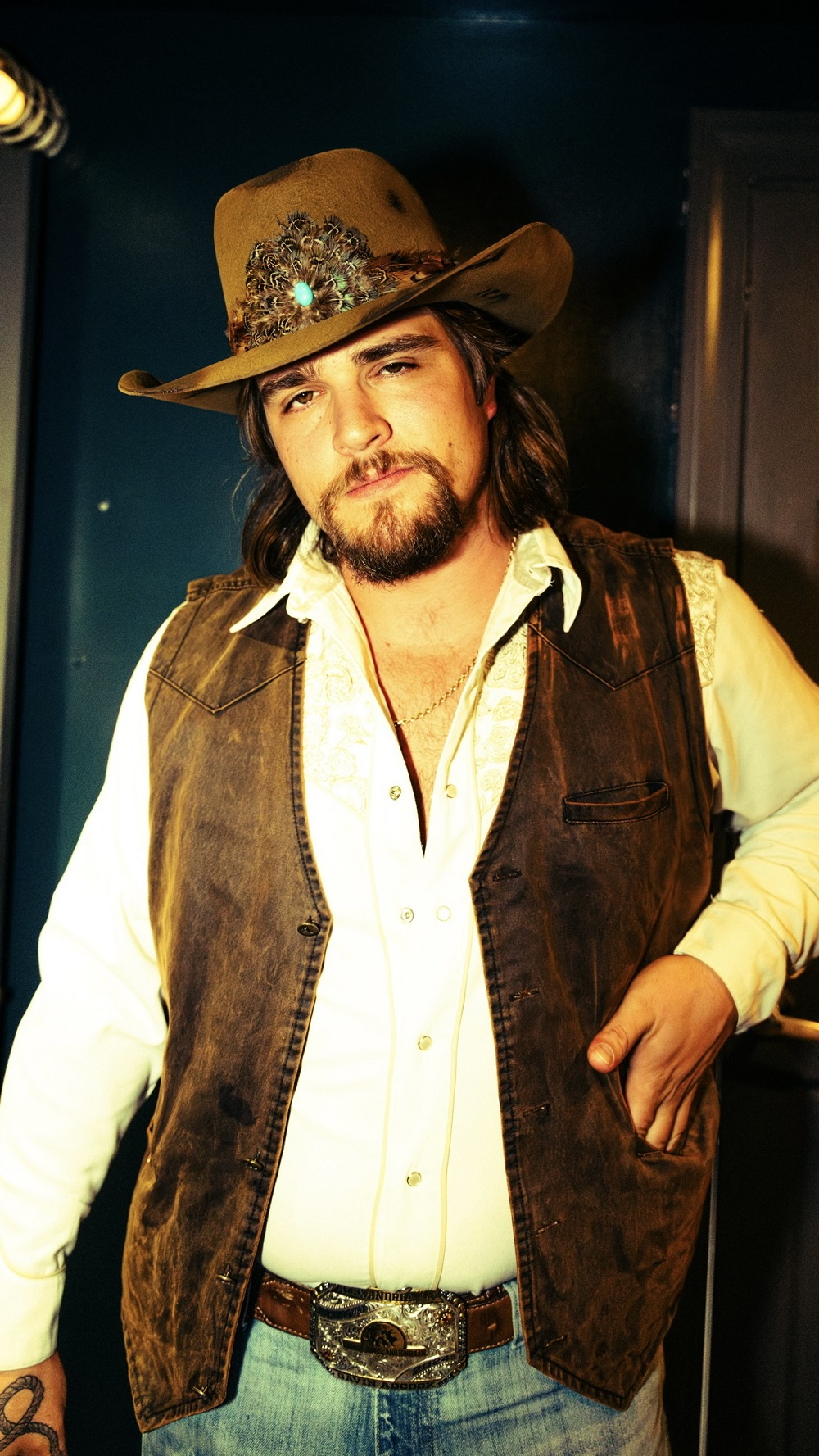

Want more live music? We got you…




